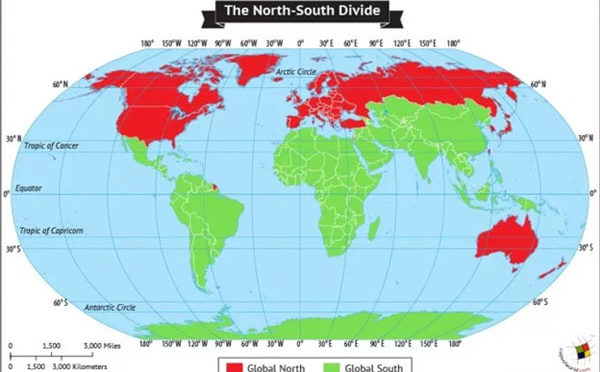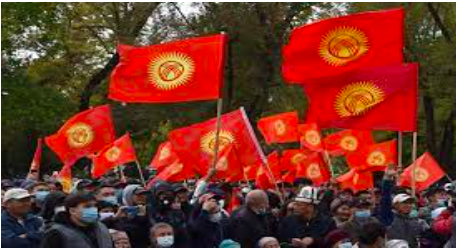The Global South
Posted on : February 18, 2020Author : AGA Admin

The Global South as a critical concept has three primary definitions. First, it has traditionally been used within intergovernmental development organizations –– primarily those that originated in the Non-Aligned Movement –– to refer to economically disadvantaged nation-states and as a post-cold war alternative to “Third World.” However, in recent years and within a variety of fields, the Global South is employed in a post-national sense to address spaces and peoples negatively impacted by contemporary capitalist globalization.
In this second definition, the Global South captures a deterritorialized geography of capitalism’s externalities and means to account for subjugated peoples within the borders of wealthier countries, such that there are economic Souths in the geographic North and Norths in the geographic South. While this usage relies on a longer tradition of analysis of the North’s geographic Souths –– wherein the South represents an internal periphery and subaltern relational position –– the epithet “global” is used to unhinge the South from a one-to-one relation to geography.
It is through this deterritorial conceptualization that a third meaning is attributed to the Global South in which it refers to the resistant imaginary of a transnational political subject that results from a shared experience of subjugation under contemporary global capitalism. This subject is forged when the world’s “Souths” recognize one another and view their conditions as shared (López 2007; Prashad 2012). The use of the Global South to refer to a political subjectivity draws from the rhetoric of the so-called Third World Project, or the non-aligned and radical internationalist discourses of the cold war. In this sense, the Global South may productively be considered a direct response to the category of postcoloniality in that it captures both a political collectivity and ideological formulation that arises from lateral solidarities among the world’s multiple Souths and moves beyond the analysis of the operation of power through colonial difference towards networked theories of power within contemporary global capitalism.
Critical scholarship that falls under the rubric of Global South Studies is invested in the analysis of the formation of a Global South subjectivity, the study of power and racialization within global capitalism in ways that transcend the nation-state as the unit of comparative analysis, and in tracing both contemporary South-South relations –– or relations among subaltern groups across national, linguistic, racial, and ethnic lines –– as well as the histories of those relations in prior forms of South-South exchange.
Source : Oxford Bibliographies in Literary and Critical Theory




